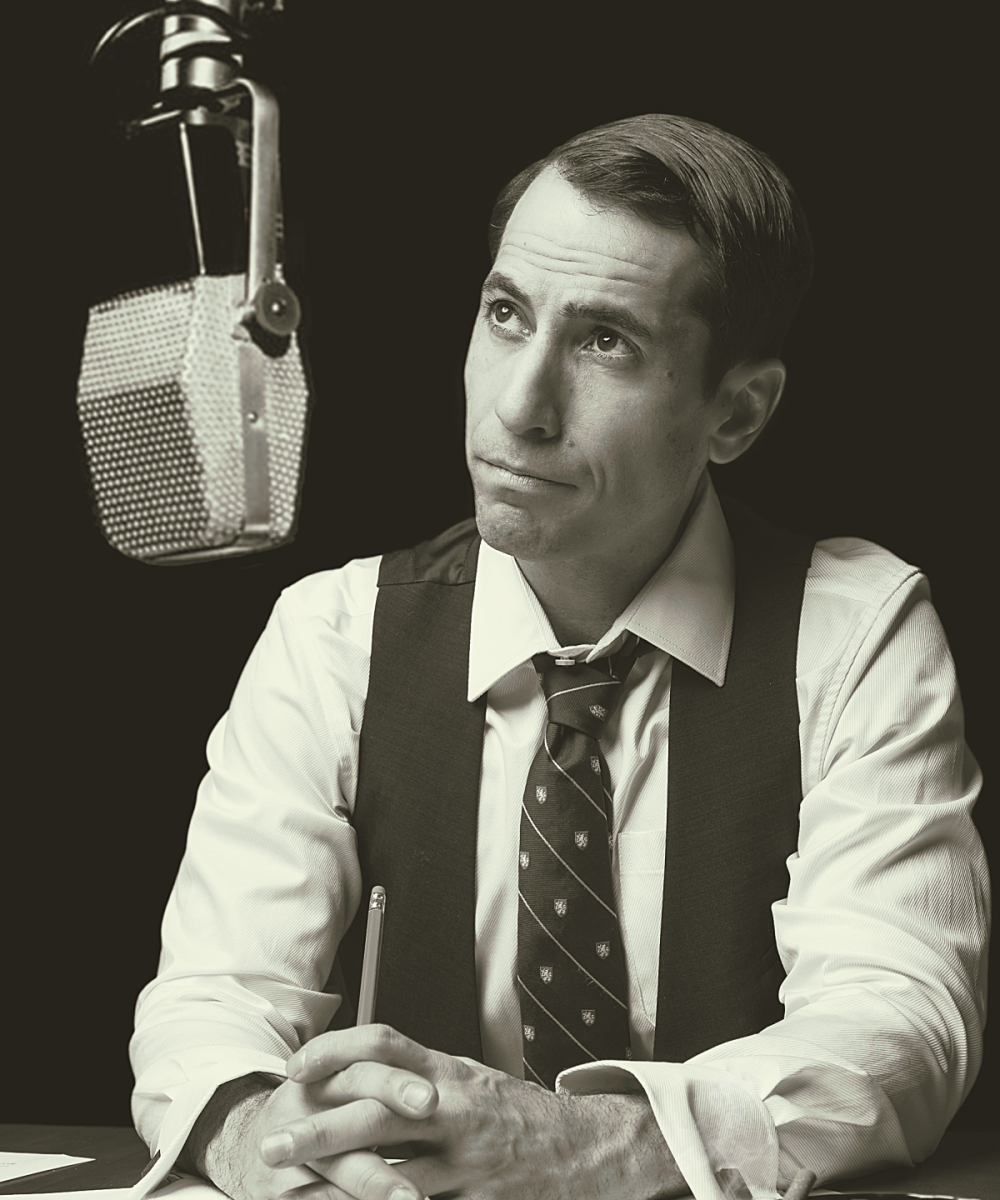Written by:
Abigail Foster
Contributing Writer
Last week Marvel announced it will soon roll out a comic book featuring a young Muslim girl named Kamala Khan, who moonlights as a superhero. According to the comic book company, the new series is part of its attempts to “diversify its offerings,” but also present a culturally specific character with unique personal challenges. The comic’s creators, Sana Amanat and Steve Wacker, hint at Khan’s conservative upbringing and the challenges she faces as a Muslim woman attempting to seize a position of power.
Ideas of Middle Eastern superheroes are certainly reminiscent of the international community’s new champion of women’s rights — Malala Yousafzai. The 16-year-old has gained international recognition over the past year after being targeted and shot by the Taliban for advocating women’s educational rights in the Swat region of Pakistan. Since the attack, Yousafzai has sought refuge with the U.N., recovering and releasing an autobiography entitled “I am Malala: The Girl Who Stood Up for Education and Was Shot by the Taliban” Yousafzai has become the face of Middle Eastern women for the West, promoting gender equality in an oppressive region of the world and standing as a beacon of hope for women who desire equal rights.
Still, Yousafzai continues to face significant opposition, not only from the Taliban, but also from women in her own region. Many young women of Swat criticize Yousafzai for her lack of contribution to her home region and maintain that Yousafzai is a poor role model, purely a puppet of the West. They blame her not only for further endangering the region but also for imposing her own ideals, supposedly not aligning with Islam, upon an entire population. Why does Yousafzai have the right above anyone else to decide what happens to the education of young girls in the Middle East?
These complaints, valid in their own respect, bring up similar arguments made throughout the past century concerning cultural relativity and human rights. Who should be allowed to determine which rights are inherently human? Should Yousafzai, working closely with the U.N., be allowed to advocate for young girls who may or may not agree with her stance of equal educational rights?
Claims have been made since the publication of the Universal Declaration of Human Rights in 1948 stating the impossibility of a universal human rights standard considering the lack of a universal moral code. Many Middle Eastern critics have argued that gender equality is a western notion not aligning with Islamic law and therefore an impediment of their human rights. Still, if cultural relativity is applied to human rights law, it is difficult to ensure everyone who desires certain rights, including Pakistani women advocating for education, has those rights protected.
When we choose sides in this ongoing argument between universal and particular human rights, we fail to acknowledge both sides’ underlying assumption: the human right of choice. Though Marvel has its own interpretation of a female superhero, one who is powerful, a fighter and presumably equal to men, a truly universal superhero is simply someone who is not defined by his or her circumstances.
A superhero everyone can get behind is one who chooses for herself and powerfully moves in the direction of that choice. By this definition, not only is Yousafzai a superhero, but so are the young women in Swat who oppose her. Specifics of a universal standard of human rights and whether or not this demands gender equality are secondary to first acknowledging each individual’s right to choose his or her own course.
These are complicated issues, affected by political climate, cultural norms and economic realities. However, to write off issues of gender equality as “too complicated” to grapple with accomplishes nothing. Though acknowledging a human’s right to self-determination may seem too small a step or perhaps not culturally relative, it is the first key in making a female Middle Eastern superhero a reality.
Foster is a first-year majoring in human rights and public relations.














